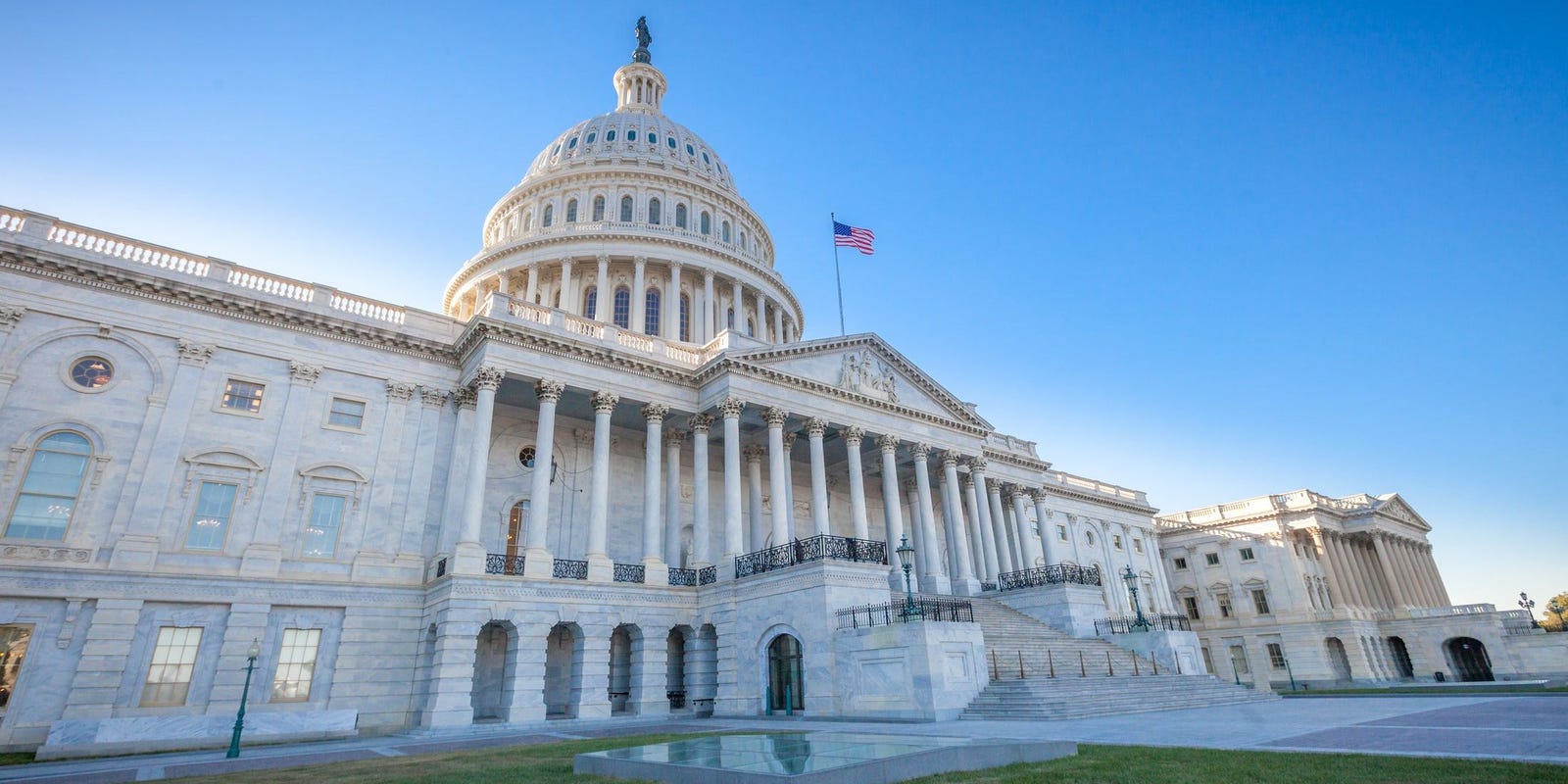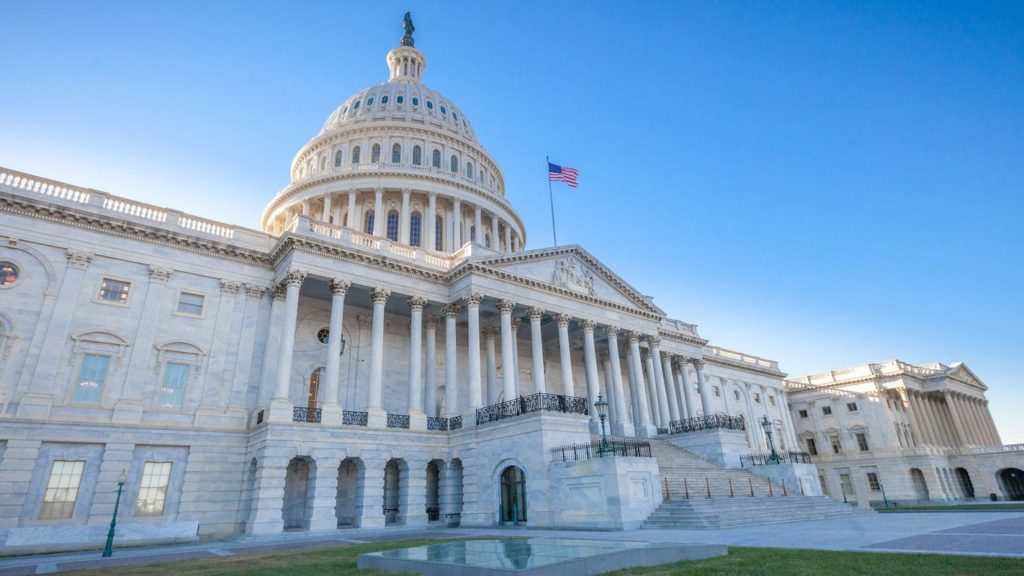 House Must Fulfill their Commitment to Communities of Color and Low-Income People and Vote on the MORE Act Immediately Following Elections
House Must Fulfill their Commitment to Communities of Color and Low-Income People and Vote on the MORE Act Immediately Following Elections
Washington, D.C. – In response to the U.S. House of Representatives’ decision to delay the vote on the Marijuana Opportunity Reinvestment & Expungement (MORE) Act (H.R. 3884) until after the November elections, Maritza Perez, Director of the Office of National Affairs at the Drug Policy Alliance (DPA) released the following statement:
“Unfortunately, this decision means justice delayed for millions of Black, Latinx, Indigenous and low-income individuals disproportionately impacted by our country’s racist marijuana laws. We cannot continue to force these communities to wait for a ‘politically convenient’ moment while they continue to be robbed of employment opportunities, housing, education, other government programs, and even their children or immigration status.
If members of Congress are serious in their commitment to responding to calls for racial justice, then this vote must take place the moment the House is back in session following the elections. Even with just a six week delay, approximately 77,000 more people could be arrested on marijuana charges, based on current averages – most of which could have been avoided.”
Despite some sensational headlines, recent public opinion polls show 67% of Americans support marijuana legalization, including 55% of Republicans, and 62% of likely voters—including 60% of Republicans—support the MORE Act when asked about its specific provisions.
Thirty-three states plus the District of Columbia have laws that allow legal access to medical marijuana and 11 states plus the District of Columbia allow legal access to marijuana for adult use. Yet the continued enforcement of marijuana prohibition laws is responsible for more than 600,000 arrests in the United States every year. Black and Brown people are disproportionately impacted, with Black people specifically being on average four times more likely to be arrested for possession of marijuana than white people despite equal rates of consumption. Marijuana has also been one of the leading causes of deportation in the United States.


